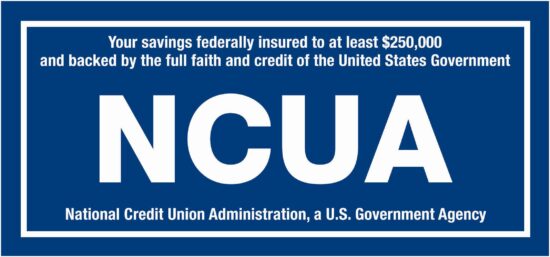
Because of the recent financial crisis, more and more people are bad-mouthing banks. It’s one reason Bitcoin has gained so much traction – it’s a decentralized currency. This means banks aren’t involved in transactions. It’s 2015 and people like a more peer-to-peer approach to banking.
Key Differences between a Bank and a Credit Union
A bank is owned by a company. Meanwhile, members own a credit union. Yes, when you become a member of a credit union, you become a part-owner. This doesn’t really mean anything in terms of dollars. But it may be comforting to know you’re more than just a number.
Credit unions typically offer higher interest rates on products like savings, checking, and certificates of deposit. This is because credit unions are nonprofits. The money made on loans goes back into member pockets.
Fees are typically lower at credit unions. That’s because there is little incentive for a nonprofit organization to gauge its members with unpopular fees. Plus, it’s a democracy. If members are sick of high fees, they will be lowered. Also, many credit unions offer relaxed overdraft policies. With a credit union, you won’t likely get stuck with an overdraft fee unless it happens multiple times in a short period.
Credit unions aren’t always superior. For instance, credit unions have very limited ATM and branch coverage. Although many ATMs are part of national credit union ATM networks. This easily eliminates this problem. But a lack of branches may still be a concern. But brick-and-mortar banks are becoming a thing of the past anyway.
Also be aware that credit unions are often small organizations. This means their technology may not be as great as with Wells Fargo or Bank of America. If you love your bank’s app, webpage, text alerts, and mobile deposit system… you may feel on an island if you switch to a credit union.
Getting a loan with a credit union is the reason most people are members. Interest rates are lower and approval is often faster. Secured credit cards are often often promoted by credit unions. That can be a great option for a young person needing a first credit card. They are very easy to obtain. Within about a year of responsible use, an unsecured card can usually be obtained.
Banks and credit unions both are insured. This means you’ll be able to access your money, no matter what happens to that particular financial institution. Banks are covered by the FDIC, credit unions are covered by the NCUA. Both insure deposits of up to $250,000.
Banks are great for convenience. Credit unions are great for high interest rates on savings and low interest rates on loans. No matter which institution you choose, you can’t go wrong. One just may be slightly better than the other for your situation. It’s better to focus on earning and saving than on which particular institution is best.
Alexa Mason is the blogger behind Single Moms Income, a personal finance freelance writer, and an online entrepreneur. Come hang out with her on Facebook and Pinterest.
Comments